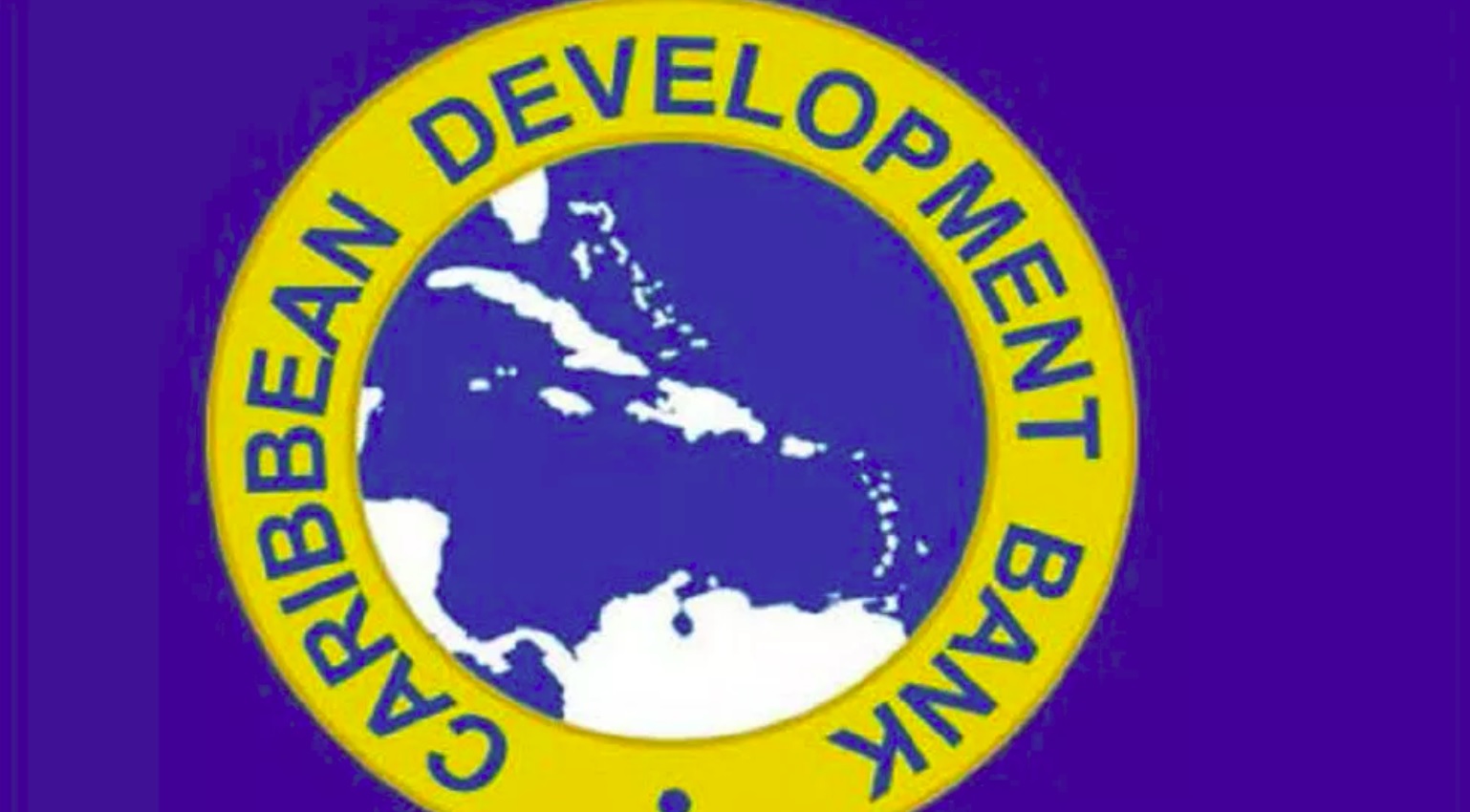ST JOHN’S, Antigua, Nov 15 2016 – Regional airline LIAT has announced that it will not be paying employees for uncertified sickness beyond the number of days allowed under the labour laws of their respective countries.
The move comes on the heels of bitter public exchanges between the airline’s management and the Leeward Islands Pilots Association (LIALPA) and the Leeward Island Flight Attendant Association (LIFAA) following charges reportedly levelled by senior airline officials that frequent illness among staff was responsible for LIAT’s flight delays and cancellations.
Both LIALPA and LIFAA, who blamed the airline’s woes on “a shortage of crew, poor working conditions and an incompetent management team”, vehemently denied the charges.
In a statement, LIAT said workers were informed about the policy back in March and that it had already began to take action which would affect employees across the board.
Citing Antigua and Barbuda, where most of the airline’s employees are based, LIAT said in keeping with that country’s labour code, the company would continue to pay employees their basic wage for the first 12 days of sick leave taken during any 12 consecutive months, unless a union agreement provides otherwise.
LIAT justified the move saying that a review of attendance records across all of its departments at its headquarters in Antigua for 2015 reflected a “significant total of uncertified sick days being taken by employees.
“In most cases, this figure exceeded the maximum 12 days for which each employee is entitled to be paid, in accordance with the Antigua & Barbuda Labour Code/CLA/contract.”
The airline further highlighted the provision under Section C16 (a)(i) in the Labour Code that stipulated that “said leave shall be taken only in connection with actual illness or other physical incapacitation for work, evidence of which in the form of a doctor’s certificate or other satisfactory means, must be furnished by the involved employee to his employer on the third consecutive day of any such leave”.
LIAT cautioned that it would “review such files to determine if the leave falls within the tenets of the Labour Code”.




